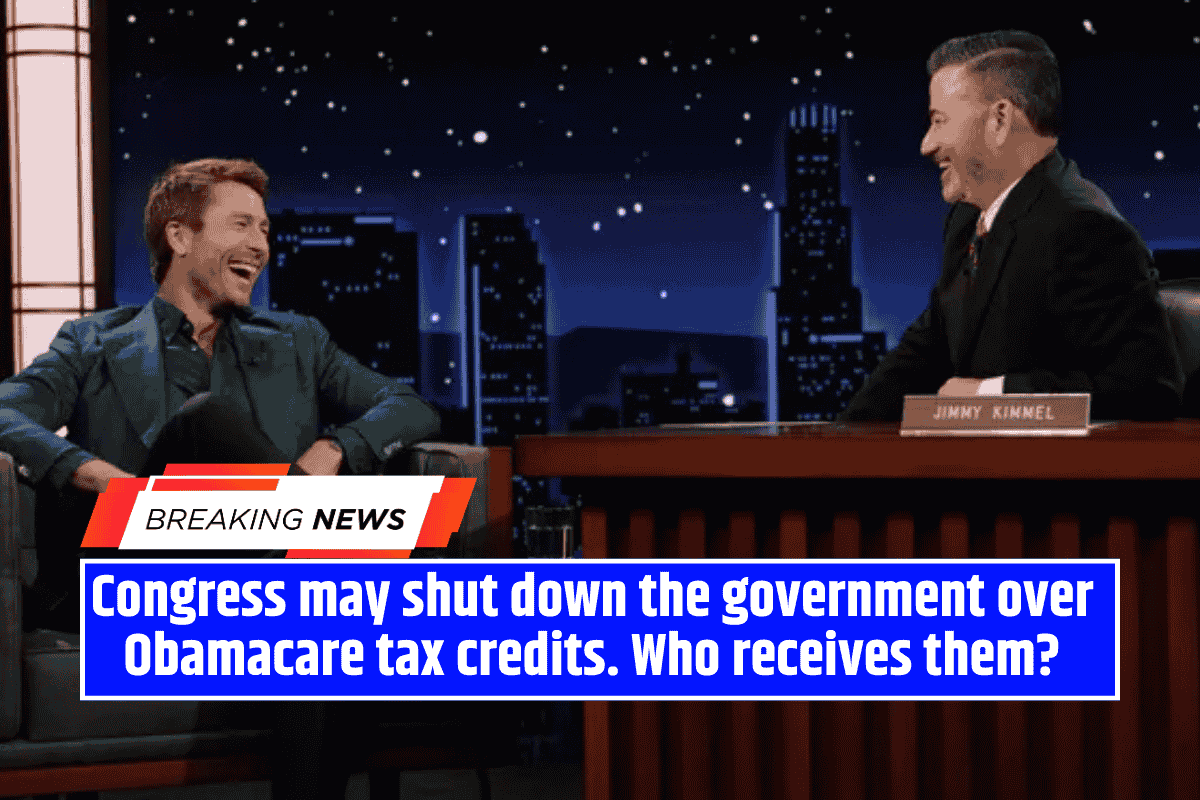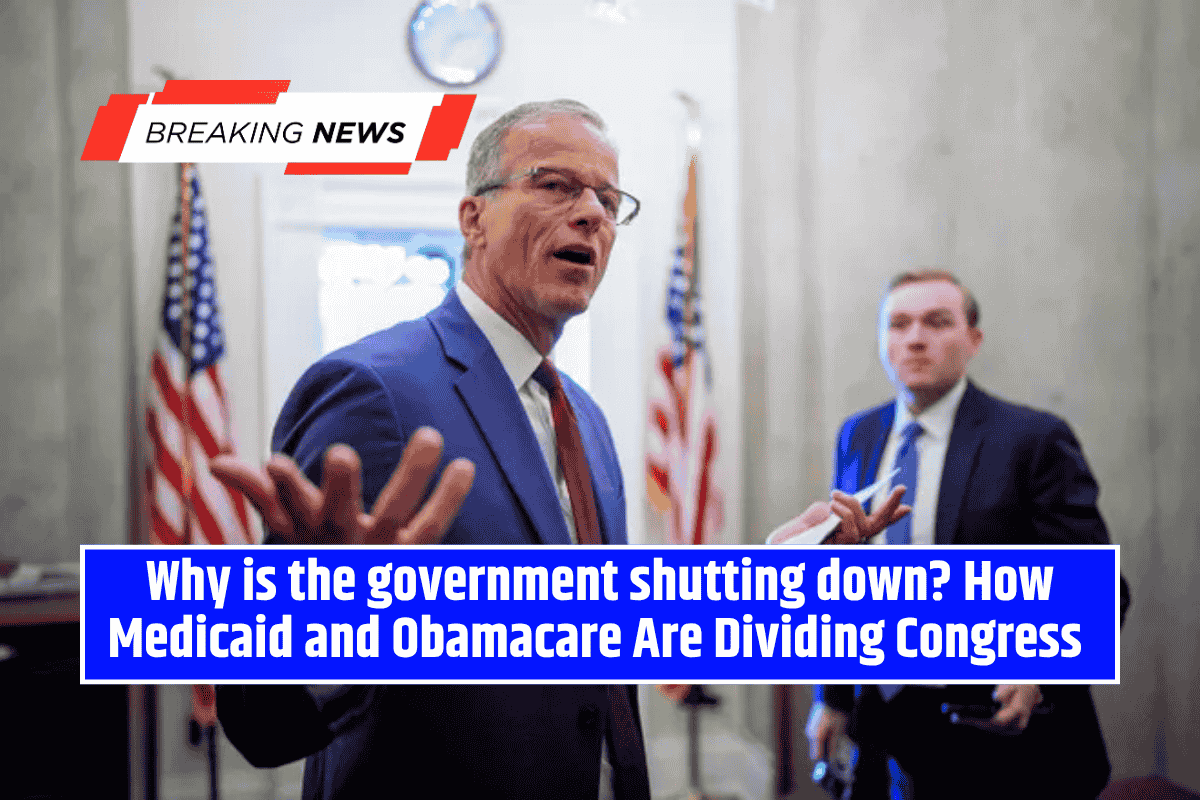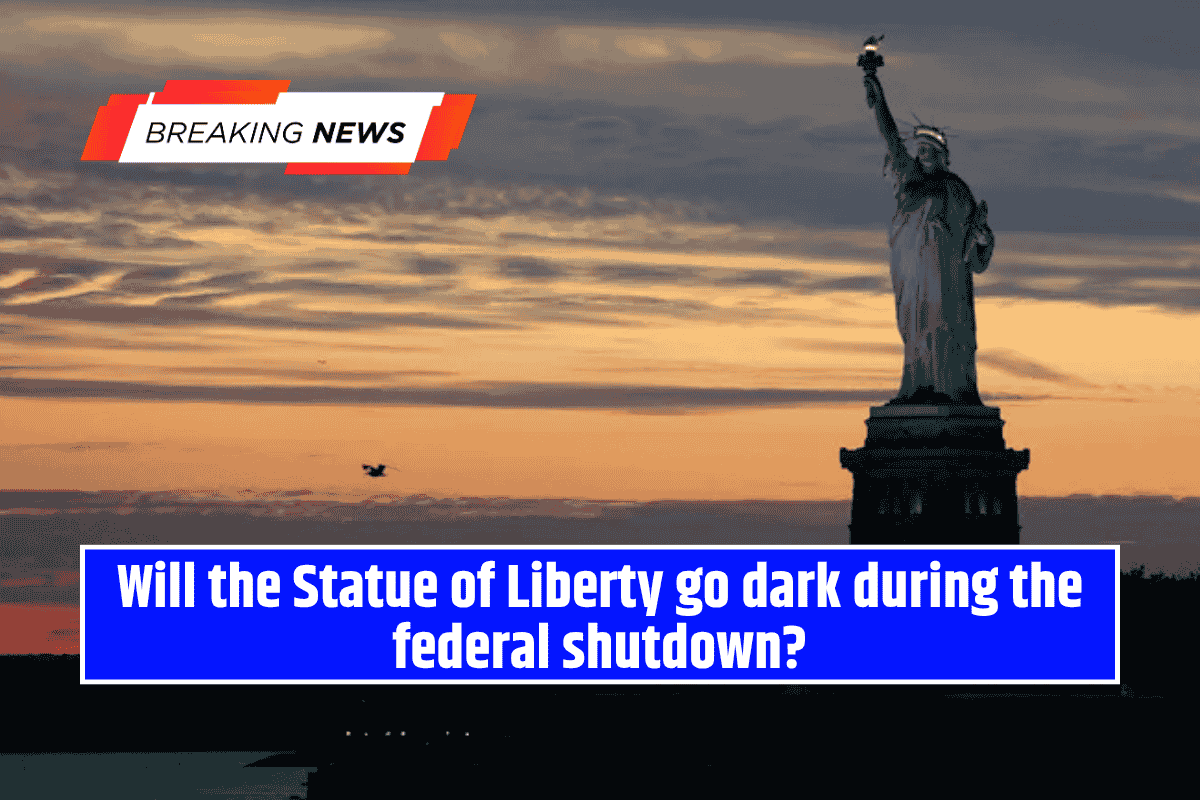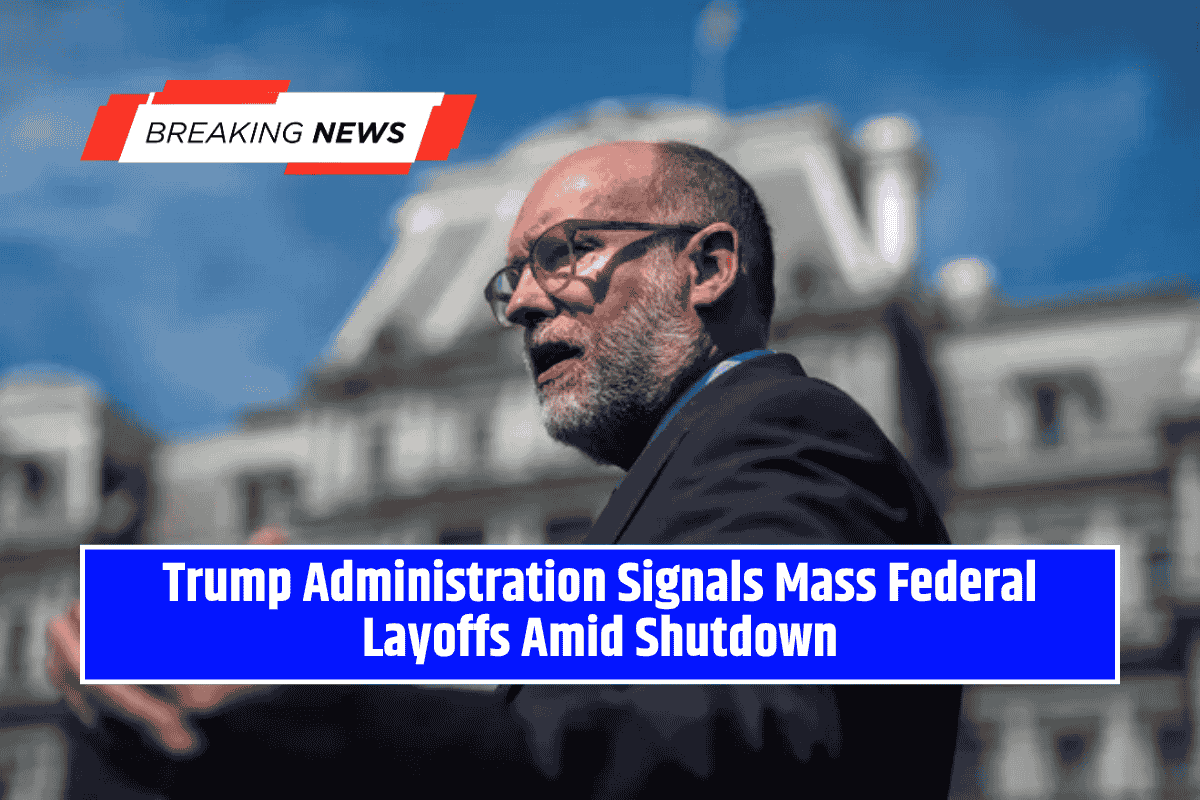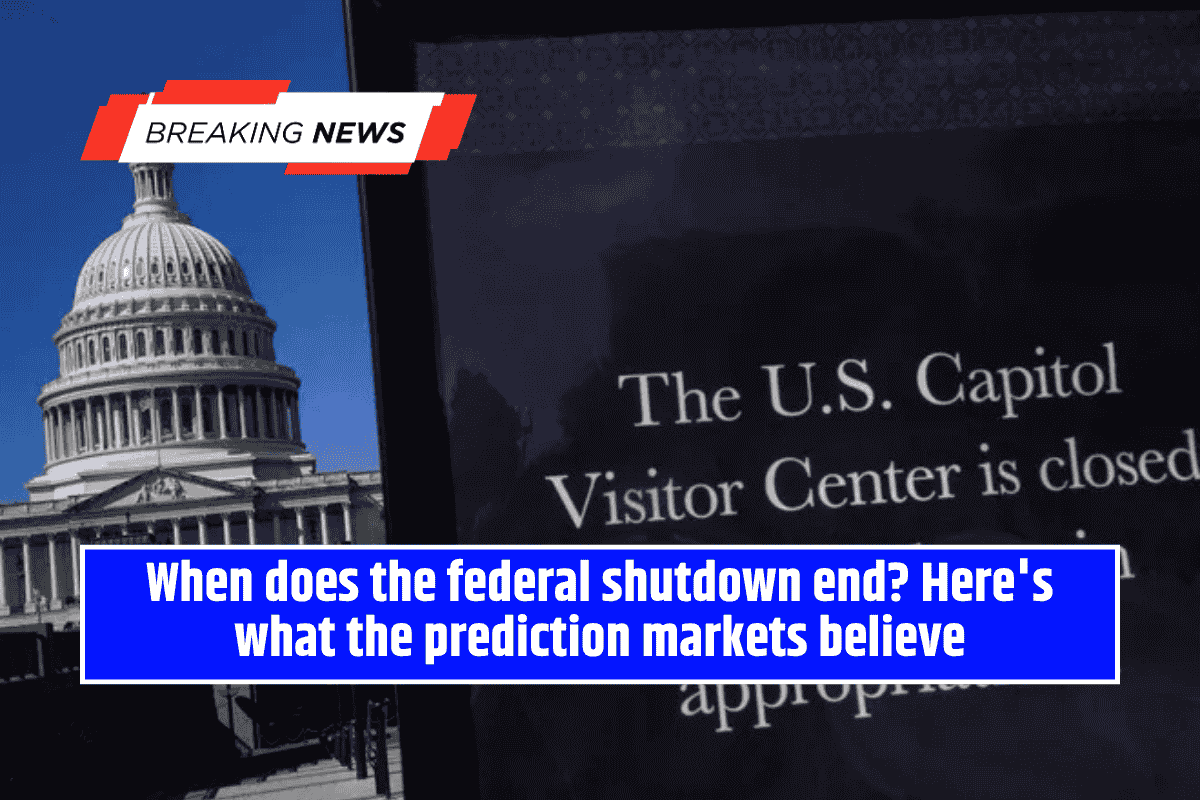Victoria Sylvester, a 55-year-old cancer survivor from Michigan, is among millions worried about skyrocketing health insurance costs if enhanced premium tax credits expire.
Her monthly premium could jump from $0 to $1,500, forcing her and her husband to consider drastic measures—including a “paper divorce” to protect assets.
“I don’t feel like anybody should be put in the position of choosing whether you can keep yourself alive or not because of stupid finances and insurance,” she said.
The Political Standoff in Washington
The looming expiration of enhanced subsidies, introduced under the American Rescue Plan Act and extended by the Inflation Reduction Act, has become a flashpoint in Congress.
Democrats want to extend subsidies and reverse Medicaid cuts as part of budget negotiations, while many Republicans argue the enhanced credits were temporary pandemic-era benefits.
The GOP-controlled House passed a short-term funding measure without the subsidy extension, but the Senate rejected it. With funding authority set to expire Sept. 30, the fight threatens to trigger a government shutdown.
Impact on Small Businesses and Self-Employed Workers
For small business owners like Lester Johnson of Richmond, Virginia, and Kyle LaFond of Middleton, Wisconsin, losing subsidies could destabilize their livelihoods and workforces.
Johnson fears his family’s premiums could double by $700 a month, while LaFond worries his employees may leave to find jobs with corporate benefits.
The marketplace, they say, has allowed small businesses to compete for talent without bearing the massive costs of employer-provided insurance.
Who Will Be Most Affected?
Roughly 92% of the 24.3 million Americans using the marketplace receive some level of subsidy. If the credits lapse after 2025, average premiums could rise by more than 75%. Those hit hardest would be:
- Low-income families and older adults, particularly early retirees aged 50–64.
- Residents of states without Medicaid expansion, who already face limited options.
- Small business owners, farmers, and the self-employed, who make up nearly half of marketplace users.
Even those without subsidies could see costs rise by as much as 20% as healthier individuals exit the system, analysts warn.
Broader Economic Ripple Effects
Experts caution that reduced affordability could discourage entrepreneurship, slow small business growth, and push millions into the ranks of the uninsured.
The Congressional Budget Office projects that 4.2 million more people will be uninsured by 2034 if subsidies are not extended. Extending them permanently, however, would cost an estimated $350 billion over the next decade.
A Year of “Sticker Shock” Ahead
Health policy experts advise consumers to closely review their marketplace notices and prepare for higher premiums in 2025. “This is not the year to just stick them in a drawer and forget about them,” said analyst Louise Norris. “It definitely could be a lot of sticker shock.”
